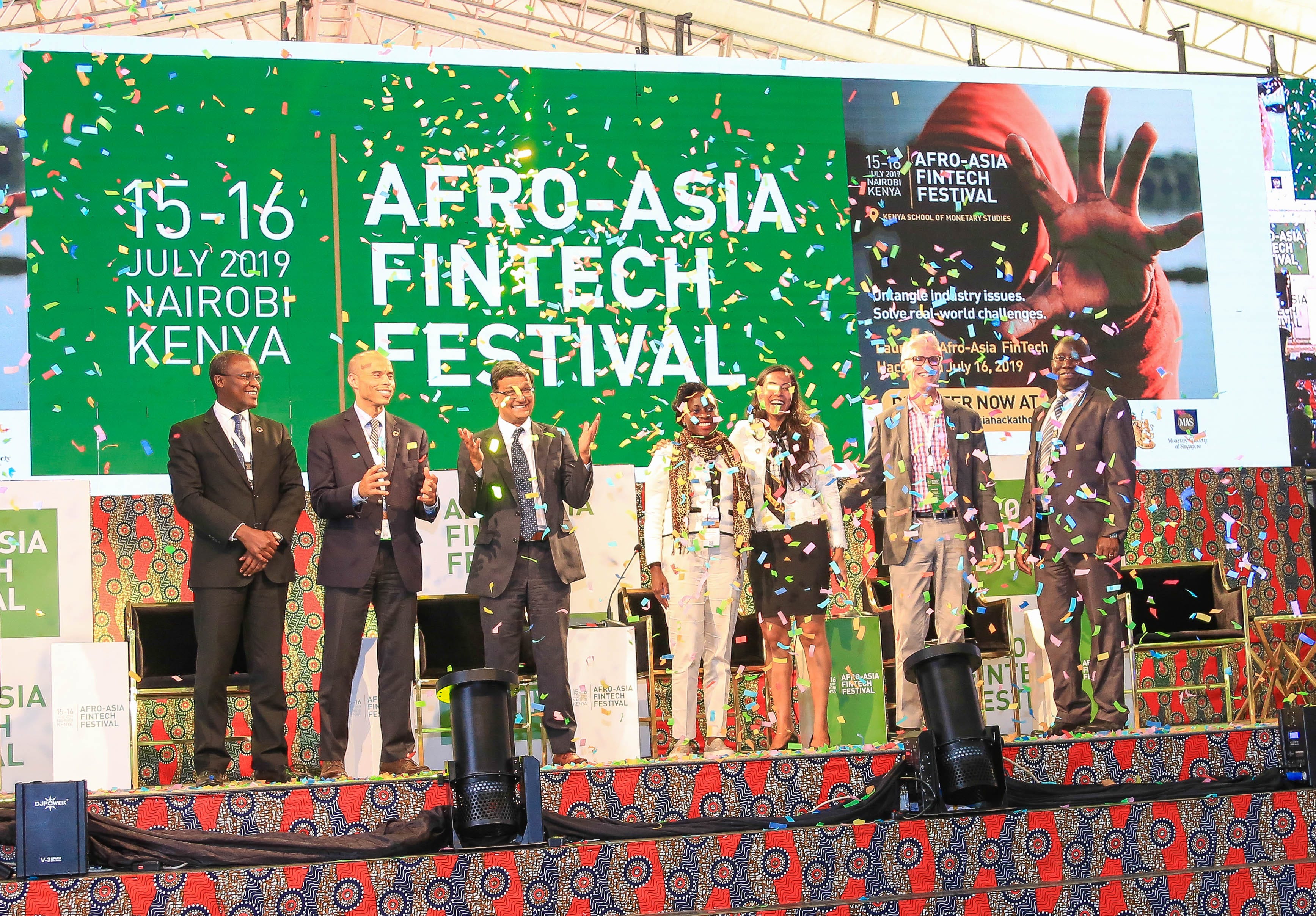Safaricom, a mobile network operator, launched a project to bring 5G to Kenya. Kenya has become the second country to have access to 5G and available to their customers. Even though that 5G is only available in four towns, it will be expanded to a total of nine. 5G is the fifth generation broadband cellular network that offers faster speeds than 4G. This is big for Africa because currently, 51% of the mobile phone connections in Africa are still running on 3G. Even by 2025, only 5% of Africa will be on 5G, which is dire as other countries will have been fully advanced with 5G.
Sources:
Mureithi, Carlos. “Kenya Becomes the Second African Country to Launch 5G.” Quartz, Quartz, 1 Apr. 2021, qz.com/africa/1990724/kenya-becomes-the-second-african-country-to-launch-5g/.
https://qz.com/africa/1990724/kenya-becomes-the-second-african-country-to-launch-5g/





